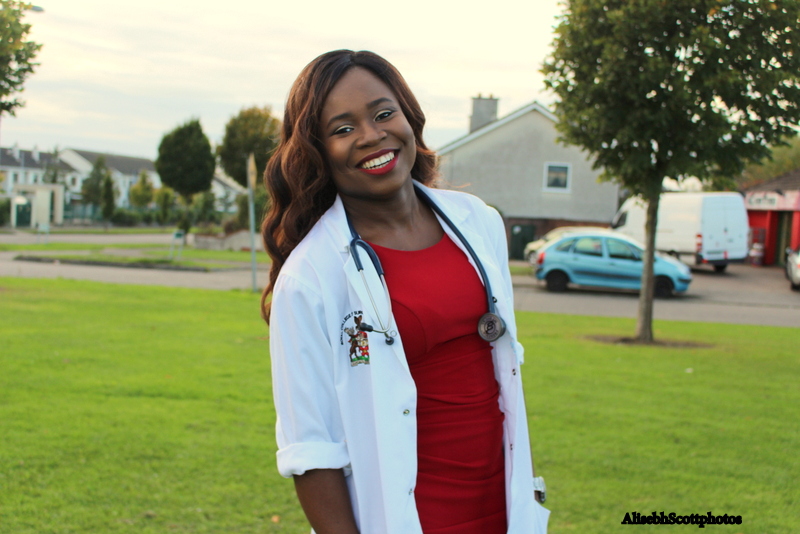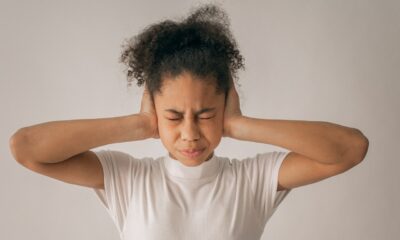Features
Dr. Azibanigha Scott: What is Depression?
 We tend to use the word ‘depressed’ or ‘depression’ casually. Awful things can happen to you, and you feel sad at that point, but that is not depression. There is certain criterion that must be met for the diagnosis of depression to be made.
We tend to use the word ‘depressed’ or ‘depression’ casually. Awful things can happen to you, and you feel sad at that point, but that is not depression. There is certain criterion that must be met for the diagnosis of depression to be made.
The diagnosis of depression is made using a diagnostic tool published by the American Psychiatric Association, which is the Diagnostic and Statistical Manual of Mental Disorders fifth edition (DSM-5). What that means is that, until a doctor takes an appropriate history, other causes have been excluded, and the individual meets the criteria, then a diagnosis can be made.
The symptoms according to the DSM-5 criteria are
- Depressed mood: This is the persistent feeling of sadness.
- Diminished interest or loss of pleasure in almost all activities: The medical term for this is called anhedonia – it is when you have little or no interest or pleasure in activities you would ordinarily find enjoyable.
- Significant weight change or appetite disturbance: This could go two ways, over eating or under-eating.
- Sleep disturbance: This could be either having difficulty sleeping (insomnia) or sleeping excessively (hypersomnia).
- Psychomotor agitation or retardation: Psychomotor retardation is slowing down of your physical movement and emotional response to things such as talking really slow. Psychomotor agitation means engaging in multiple purposeless movements, such as pacing back and forth, tapping foot, talking really fast.
- Fatigue and loss of energy.
- Feelings of worthlessness.
- Diminished ability to think or concentrate; indecisiveness.
- Recurrent thoughts of death, i.e., suicidal ideation.
At least five of the above symptoms have to be present during a two-week period, and one of the symptoms must be either one or two.
If you are experiencing any of the above symptoms, particularly number one or two or nine, you need to see your doctor immediately. As a society, we are not very vocal regarding our health, hence the late presentation to medical facility. This is why there is a need to educate people and debunk the stigma.
There are so many factors that increase one’s chances of having depression, such as:
- A history of abuse especially during childhood.
- Some medications such as steroids.
- Substance abuse like alcohol, cocaine. They make you feel better initially, but with sustained use, they interfere with how your brain regulates chemicals and can cause depression.
- Major tragic event such as loss of a loved one, job loss, major financial loss, heart break.
- Family history: there is a genetic component to depression, so you have a higher chance of having depression if your parents or siblings have it.
I hope you found this article useful. Please seek help, especially if you are affected by any of the factors above that increase your chances of having depression; get a therapist, see a psychologist, work toward getting the help you need. A lot of these facilities have programs that help out with addiction, where necessary. There is a lot of help available, you just need to reach out.




















